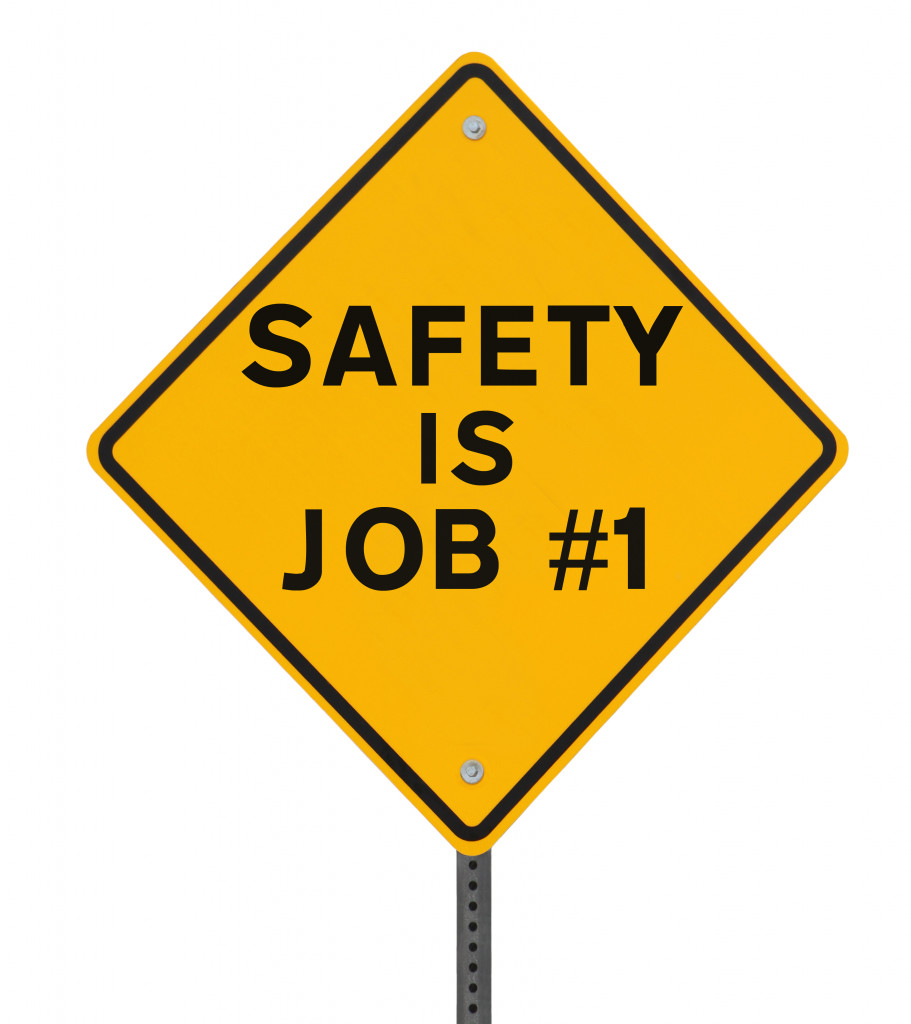With the pandemic situation getting better, many companies have asked their employees to start working in the office. Even though many have expressed their willingness to work in the office, companies must ensure their safety. This is particularly true for offices that remained unused for the past two years.
Whether it’s extreme cold, snow, ice, or a hurricane, harsh weather can wreak havoc on your business. Everyone knows that the safety of your employees should always come first, but what about the office itself? What steps must be taken to ensure that the building and its contents are safe from inclement weather? Here is a short guide for preparing the office for harsh weather.
Check Emergency Protocols
The first step any business should take in preparation for inclement weather is to review emergency protocols. Are there any procedures or processes that need updating? Does everyone know what their roles would be in case of an emergency evacuation? Make sure that everyone in the office is aware of these protocols and has access to them at all times. Having an emergency contact list is essential so that staff can reach out quickly if needed.
When setting up the protocols, businesses should consider the safety of their employees, customers, and property. For example, if a tornado were to strike the area, are there plans in place for evacuation? Who is responsible for implementing these plans? Does everyone know where to go and how to get there safely?
It’s also essential to ensure that equipment is up-to-date and in working order. This includes fire extinguishers, smoke detectors, portable generators, etc. It’s also wise to have an emergency kit with supplies such as bottled water, flashlights, first aid kits, and other essentials.
Secure the Building
Take time to secure windows and doors with additional locks, shutters, and tarps. This will help protect against wind damage and intruders who may try to capitalize on vulnerable buildings during a storm. If possible, invest in window film or glass protection treatments that help keep debris from entering through broken windows in hurricanes or other storms with high winds. Also, ensure outdoor furniture is stored indoors if possible and that anything left outside is secured tightly to prevent it from becoming a projectile during a storm.
You should also look for a reliable window repair service if the office windows are damaged. Fixing the damage is essential to prevent it from getting worse. It also ensures the office remains insulated from the weather outside. Additionally, check the building for any structural damage and contact a repair service to fix it. This is necessary to keep everyone safe during storms or other disasters. Finally, consider installing storm shutters to protect against flying debris.

Back-Up Data & Electronics
Harsh weather can put your data at risk if you need more preparation. Ensure all electronic items such as computers, phones, and printers are properly switched off before leaving the office (and unplugged). This will help avoid any power surges that could damage those items. At the same time, they are not being used during bad weather conditions.
Businesses should consider cloud storage solutions and external hard drives to store their data in case of an emergency or natural disaster. This can help keep your data safe and secure even if you have a power outage or your physical premises are damaged by bad weather.
Finally, if you must leave the office due to extreme weather conditions, make sure all electronics are unplugged so that any potential surges don’t damage them. Many electronic devices come with surge strips that can help protect your data and equipment from sudden power outages. These surge strips should always be used when leaving electronics in the office or home during bad weather.
Prepare for Power Outages
Power outages can be a major concern during inclement weather. Businesses should always have an emergency backup power plan in place. This could include investing in a generator, having access to battery-powered lights, and keeping supplies such as flashlights and batteries on hand. Additionally, businesses should utilize surge protectors to protect sensitive equipment and keep a list of emergency contact numbers easily accessible. Businesses should also take steps to conserve energy during power outages, such as turning off unnecessary lights, unplugging nonessential equipment and appliances, and using energy-efficient devices whenever possible. Finally, businesses might consider investing in electronic billing systems so customers can still access their accounts and make payments during a power outage. Taking these steps can help businesses stay up and running even during unexpected outages.
Preparation is vital when it comes to protecting your business during harsh weather conditions like extreme cold, snow/ice storms, or hurricanes. Reviewing emergency protocols and securing windows/doors are good places to start when preparing for inclement weather. Backing up data onto external hard drives or cloud servers and switching off/unplugging electronics will also help protect against potential damage due to power surges caused by storms impacting your area. Proper preparation ensures that your employees and your business stay safe during harsh weather conditions.

